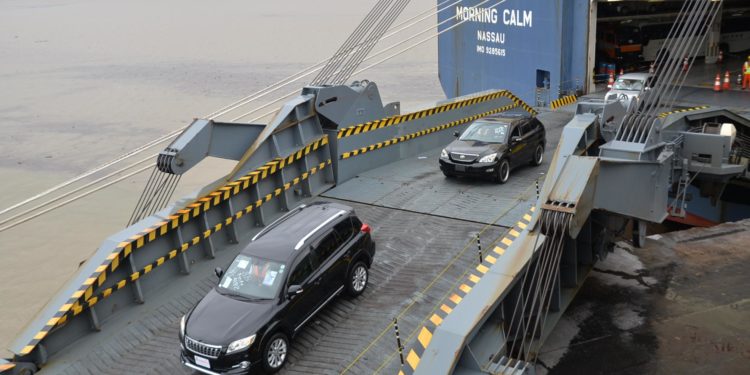The Kenya Revenue Authority (KRA) has announced a significant change in the valuation method for imported used motor vehicles. In compliance with a court ruling and regional trade agreements, KRA intends to move away from using the Current Retail Selling Price (CRSP) and adopt the Transaction Value method.
In a public notice, KRA highlighted its compliance with Article 47 of the Constitution, the East Africa Community Customs Management Act (EACCMA) 2014, and the WTO GATT 1994. The notice calls for public participation and comments on this proposed change by August 31, 2024.
“The acceptance of the Transaction Value will be subject to the conditions laid out in the above Article and the 4th schedule of EACCMA,” KRA stated. This move aims to align Kenya with the East Africa Community (EAC) directive to use Free On Board values for used motor vehicles, ensuring consistency and fairness in vehicle valuations.
For importers, this shift signifies a move towards a more transparent and accurate valuation system. Under the current CRSP method, valuations are based on standardized price lists, which often do not reflect the actual prices paid by importers. The new Transaction Value method will base valuations on the actual price paid or payable for the vehicle, including associated costs such as shipping and handling.
This change will require importers to maintain thorough documentation to substantiate the transaction value, including invoices, payment receipts, and shipping documents. Accurate record-keeping will be essential to avoid disputes with KRA over vehicle valuations.
Importers might experience varying impacts on duties and taxes. If the transaction value is lower than the CRSP, duties and taxes could decrease. Conversely, if the transaction value is higher, the costs might increase.
For potential car owners, this change could lead to more consistent and realistic pricing in the market. Since vehicle valuations will be based on actual transaction prices, consumers might benefit from prices that better reflect market conditions and the true value of the vehicles.
“The new method can affect the supply and pricing of imported used vehicles,” an industry expert noted. “If duties and taxes decrease for some vehicles, these savings might be passed on to consumers. However, higher valuations could increase the cost of some used cars.”
KRA is inviting the public to submit their comments on the proposed changes by the end of August 2024. Additionally, KRA will conduct stakeholder engagements with member associations of used motor vehicles in September and October in Mombasa and Nairobi.
“The proposed shift aims to create a more accurate and fair system for valuing imported used motor vehicles, impacting both importers and potential car owners in various ways,” KRA emphasized.















